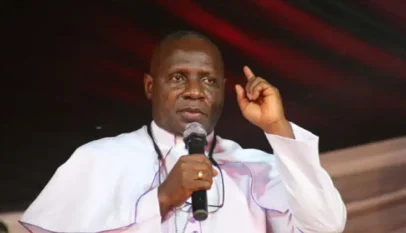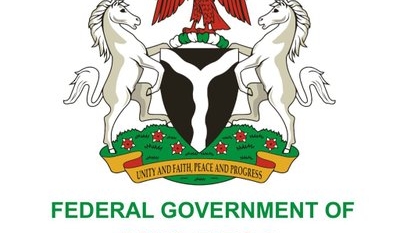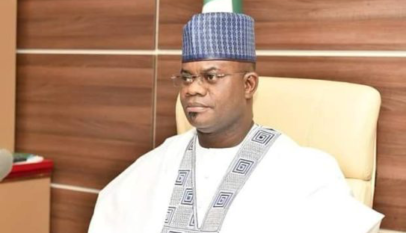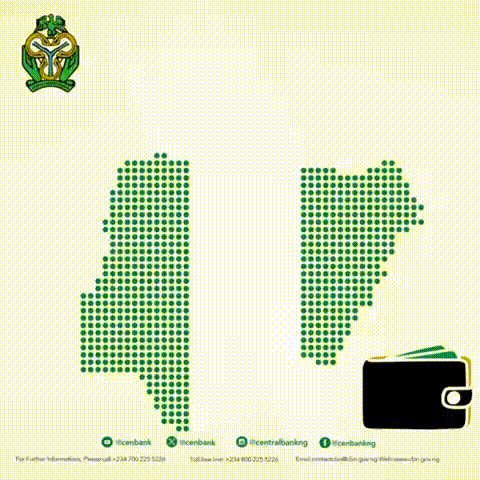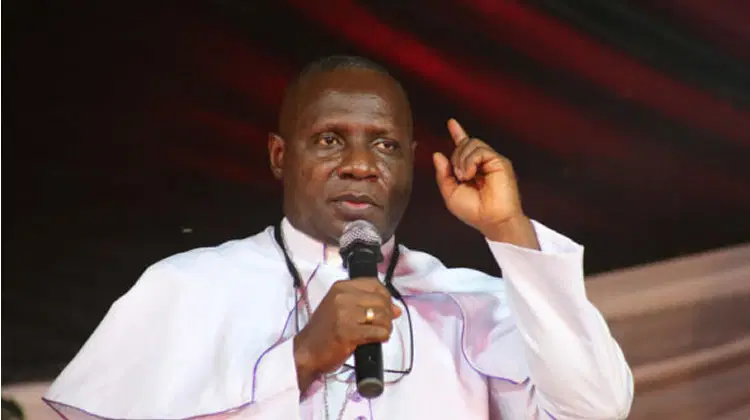
Christian Genocide: CAN Warns Nigeria Cannot Ignore Rising Killings, Mass Displacement
Emmanuel Bayo
The Christian Association of Nigeria (CAN) has urged the Federal Government to develop a comprehensive national action plan to address what it describes as the escalating humanitarian and security crisis affecting Christian communities across Northern Nigeria and the Middle Belt.
Speaking at the opening of the Fourth Quarterly National Executive Council (NEC) meeting of the association in Jos, Plateau State, CAN President, Archbishop Daniel Okoh, warned that the continued silence and slow response to widespread attacks have created a dangerous vacuum that threatens national stability and community coexistence.
Hosted by the Plateau State Government, the meeting brought together senior Christian leaders from across the country to review the impact of ongoing violence, assess humanitarian needs, and chart a coordinated response.
Archbishop Okoh noted that the pattern of killings, mass displacement and destruction of rural settlements over the years pointed to an entrenched crisis that requires more than routine condemnation. He said the attacks had overwhelmed communities and weakened confidence in government institutions tasked with protecting citizens.
“What we are confronting today is a humanitarian emergency,” he said. “Entire communities have been uprooted. Families have been torn apart. Homes, farms and churches have been destroyed. This national tragedy demands a structured, long-term action plan not ad-hoc measures.”
The CAN President recounted his recent visit to Bokkos, Plateau State, where thousands remain displaced after recurrent attacks. He described the suffering of victims as “heart-rending,” but emphasised that their resilience must be met with decisive government action.
Okoh said the persistence of violence and kidnappings in rural communities shows that existing security strategies are inadequate. He added that the increasing attention from international institutions should be treated as a wake-up call rather than a source of discomfort.
“If external scrutiny is what finally moves us toward decisive action, then so be it,” he said. “The world is watching, and Nigeria must demonstrate that it values every life.”
He called on the Federal Government to prioritise the resettlement of displaced persons, strengthen rural security, and prosecute perpetrators of violence to restore confidence in the justice system. He stressed that the prolonged stay of thousands in Internally Displaced Persons (IDP) camps poses a growing humanitarian risk that must not be ignored.
“No citizen should ever live in fear or die because of their faith,” Okoh said. “We will continue to advocate for accountability, peace and justice, and we expect the government to rise to the urgency of this moment.”
Representing Plateau State Governor Caleb Mutfwang, Deputy Governor Josephine Piyo said the state government remained committed to restoring peace and rehabilitating affected communities. She described the CAN gathering as “timely and symbolic,” noting that Plateau has endured some of Nigeria’s most devastating episodes of ethno-religious violence.
Piyo praised CAN for its consistent advocacy and moral leadership, adding that the government values the church as a key partner in rebuilding trust and restoring stability.
“As a nation, we need the church’s voice, strength and unity now more than ever,” she said.
The NEC meeting is expected to produce recommendations aimed at strengthening national cohesion, supporting victims, and enhancing collaboration between religious institutions and government agencies.

